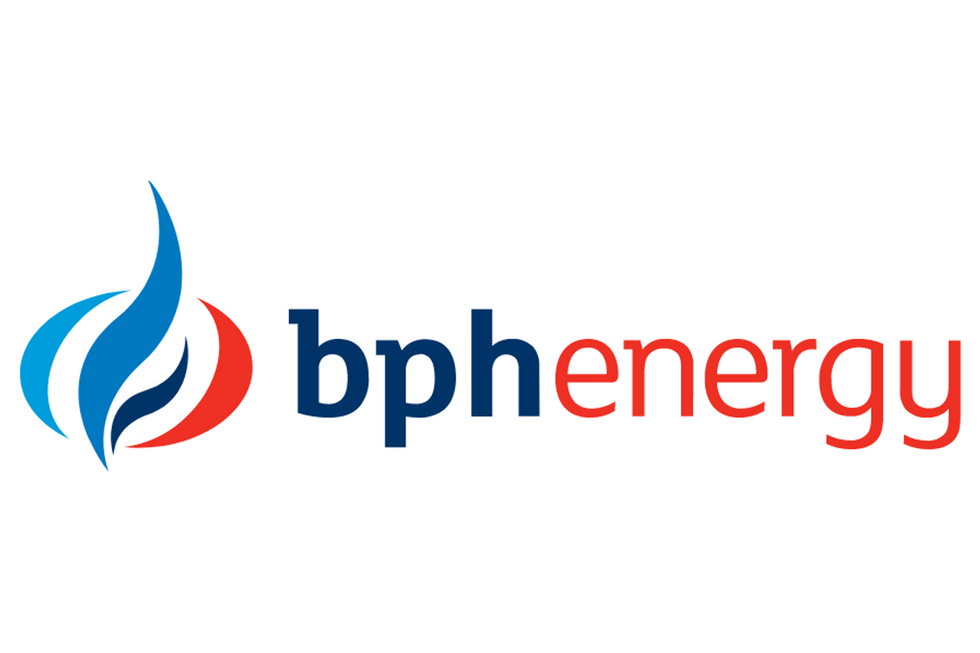PEP-11 Update

Perth, Australia (ABN Newswire) – BPH Energy Limited (ASX:BPH) investee, Advent Energy Limited (Advent) through its wholly owned subsidiary, Asset Energy Pty Ltd (Asset), have engaged Klarite Pty Ltd (Klarite), to initiate environmental management of the Seablue-1 exploration well, due to be drilled in PEP 11, pending the current application for licence variation, suspension and extension (Application), regulatory approvals and rig availability.
Klarite are a Perth based turnkey environmental consultancy specialising in offshore development in Australia, who recently prepared a detailed Environmental Approvals Strategy for the Seablue-1 exploration drilling activity for Asset.
Due to the critical need for new domestic supplies of gas as stated in the Federal Government Future Gas Strategy (see below) Asset have decided to commence work necessary for environmental approvals in advance of the PEP 11 licence Application approval, in order to be prepared to drill the Seablue-1 well as soon as possible thereafter.
Klarite will develop an Environmental Management process which will define Asset’s consultation and negotiation basis with relevant persons and assess environmental impacts.
Future Gas Strategy
The Federal Government Future Gas Strategy (FGS) and supporting documents were released by Minister for Resources Madeleine King on 9 May 2024.
The FGS confirms that that gas will have a role to play in the transition to net zero by 2050 and beyond.
The FGS states that exploration and development should focus on optimising discoveries and infrastructure in producing basins where gas will be proximal to where it is needed and will be lower cost than relying on LNG imports.
Many of the arguments made in the FGS document support the case for drilling at Seablue-1 in PEP 11:
– New sources of gas supply are needed to meet demand during the economy wide transition.
– Arguments that Australia could divert gas developed for export fail to recognise the domestic gas market’s reliance on supply from gas export projects.
– We have mechanisms to divert uncontracted gas to the domestic market through the Australian East Coast Domestic Gas Supply Heads of Agreement, and contracted export gas to the domestic market through the ADGSM, which is a measure of last resort. These are, however, only able to ensure gas supply for the southern states within the limits of existing infrastructure constraints to transport the gas to market
– LNG imports risk embedding high gas prices:
o ../.. a number of LNG import terminals have been proposed for the east coast. Any gas supplied through such LNG import terminals could be more expensive than gas developed closer to demand centres. This is because international LNG prices are historically higher than domestic gas prices and because of the costs associated with converting gas to LNG, transporting it by sea then regassing it at port, before its onward transport by pipeline.
o ../.. gas is more affordable in locations where ../..gas is consumed where it is produced
– Section 7.1 of the analytical report behind the FGS: …the east coast gas market could have sufficient gas supply to meet domestic (and LNG export) demand for many years if additional (above forecast) gas supply can be developed from existing 2P reserves, possible reserves, contingent and prospective resources. However, this will require both forecast and new projects to be developed in the required time frame.
Prospective Resources of 5.7 TCF* have been identified in PEP 11.
Advent Energy welcomes the publication of the FGS as it strengthens the case for exploration in PEP 11.
* In energy terms 5.7TCF is equivalent to 5,985 Petajoules
About BPH Energy Limited:
BPH Energy Limited (ASX:BPH) is an Australian Securities Exchange listed company developing biomedical research and technologies within Australian Universities and Hospital Institutes.
The company provides early stage funding, project management and commercialisation strategies for a direct collaboration, a spin out company or to secure a license.
BPH provides funding for commercial strategies for proof of concept, research and product development, whilst the institutional partner provides infrastructure and the core scientific expertise.
BPH currently partners with several academic institutions including The Harry Perkins Institute for Medical Research and Swinburne University of Technology (SUT).
Source:
BPH Energy Limited

Comments are closed.